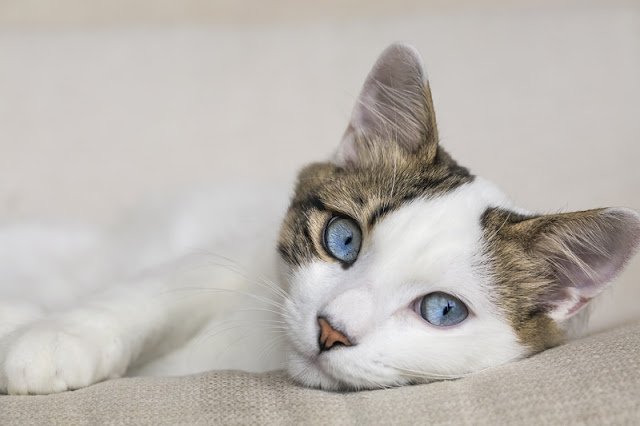Even Shy Shelter Cats Can Learn Tricks

Researchers show that even old or shy cats can learn new tricks like high five or sit. By Zazie Todd, PhD This page contains affiliate links which means I may earn a commission on qualifying purchases at no cost to you. If you think training cats is all the rage lately, you might be right. Recently I wrote about a study that found the best way to train cats was with food (rather than click-then-food or just click). Now another study, by Dr. Lori Kogan (Colorado State University) et al, investigates training shelter cats to do four different behaviours. Not only did most of the cats learn the tricks, but it shows this is possible even in a shelter setting which is inevitably stressful for the cats. 100 shelter cats were taught to nose-target either a chopstick or the trainer’s finger, to spin, to sit, and to high-five (touch the trainer’s hand with one of their front paws). The trainers took the traditional clicker training approach, in which the click is a bridge that mark...






